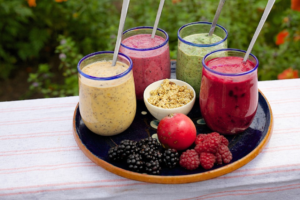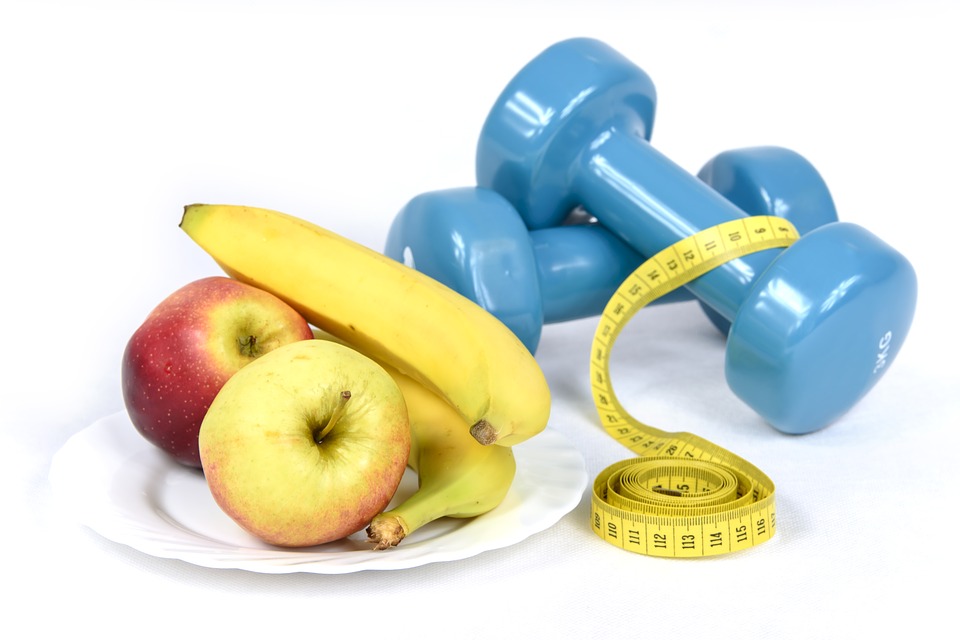The Best Healthy Diet Tips for Productive People
Do you often feel tired and exhausted that day? Does your hectic afternoon begin with restlessness and end with exhaustion? This also leads to numerous health problems. The main contributor to tiredness, restlessness, and nausea is poor nutrition. Due to lack of time, you may rush your food or resort to processed foods. A lousy diet makes you feel tired early on and becomes the cause of various diseases. With age, you lose the will to work, and your productivity also declines. If any of this is linked to a strenuous lifestyle, then it’s time to bring it to an end.
If you want to change and improve your productivity, here’s the first thing to consider before building a daily diet. Creating healthy eating habits could be a game-changer for you. Below are smart and healthy eating strategies for busy professionals:
Do Not Skip Your Breakfast
Breakfast is an important meal that helps your body prepare for a long time. Skipping breakfast is linked to many health problems such as obesity, diabetes, and emotional imbalance. It is easy to skip breakfast when you are busy, but your overall health will suffer. Your machine needs food to function properly, and to start the day off right, breakfast is essential. So, don’t skip breakfast and start your day with vibrant, healthy meals.
Plan Your Meals

In terms of a busy schedule, we establish daily routines. With a planned program, we feel much more in control of things and ready for any unexpected challenge. Eating at the same time every day and not having a routine can help in many ways. You feel prepared to have foods simultaneously and make it feasible for you to make healthy choices. Plan your meals well in advance, so you don’t have to rush or make unhealthy choices. If you eat randomly, you will break this routine. This will also lead to weight loss or other health risks. Eating at the same time every day can allow you to maintain your weight and your general well-being. These episodes of cravings become tempting and lead to unhealthy food alternatives and overeating.
Avoid Munching
 Snacking should only allow you to overcome these appetites and remain functional before the meal. Avoid junk food or snacks that can add more sugar to your system. Your snacks should include some pre-portioned seeds, pulses, vegetables, or another low-carb yogurt. When it comes to snacks, portion control is the way to go to reduce overeating. Taking a snack break is a great way to balance your cravings and let your mind relax for a few minutes. Take healthy snacks when you are busy with work. You’ll end up eating more if you’re distracted by technology at the table.
Snacking should only allow you to overcome these appetites and remain functional before the meal. Avoid junk food or snacks that can add more sugar to your system. Your snacks should include some pre-portioned seeds, pulses, vegetables, or another low-carb yogurt. When it comes to snacks, portion control is the way to go to reduce overeating. Taking a snack break is a great way to balance your cravings and let your mind relax for a few minutes. Take healthy snacks when you are busy with work. You’ll end up eating more if you’re distracted by technology at the table.
Control Your Food Intake
A mindful approach enriches your psychological connection with food. It helps digestion, reduces overeating, and relieves stress. When you become aware of your food intake, you usually chew your food correctly, which aids digestion and absorption of nutrients. Becoming aware of your food intake allows you to differentiate between real cravings and appetites. It makes you eat when you need to, which helps with weight loss.
Stay Hydrated
Many people drink coffee during the day to maintain their energy. But coffee adds to the condition of dehydration, which could be more harmful to your health along with your energy levels. Dehydration can decrease your cognitive abilities, and your head may not function properly. Drinking water regularly keeps infections and illnesses at bay. It is essential to understand that drinking water between meals is bad for you.
Organize and Plan Your Day
Plan each day and set a specific time for your lunch. If you don’t plan things well, then you will almost always end up grabbing fast food. It would help if you refrained from seeking sugary snacks when you are hungry. These foods have low nutritional value and tend to make you lazy. Regardless of your hectic lifestyle, always make a strategy and set aside some time for your lunch.



